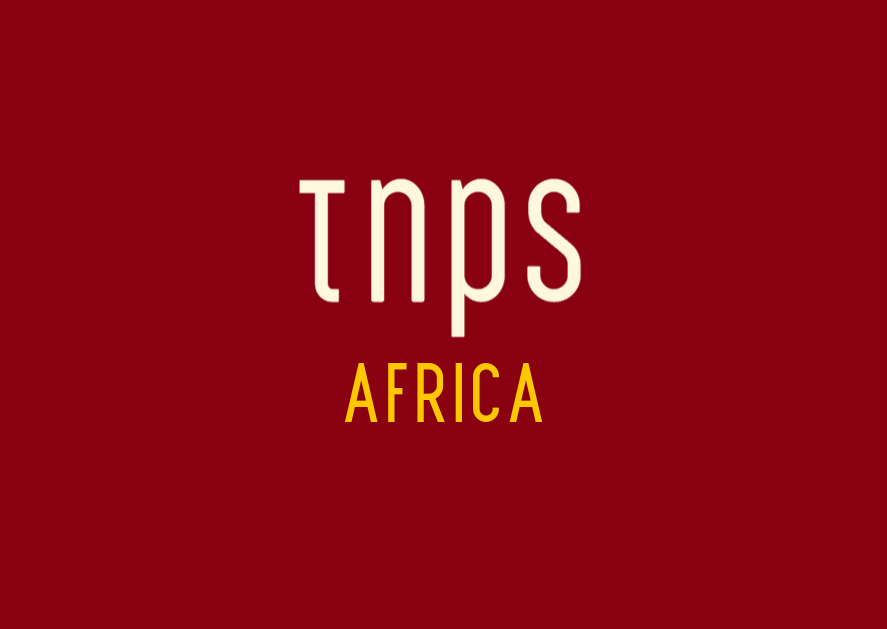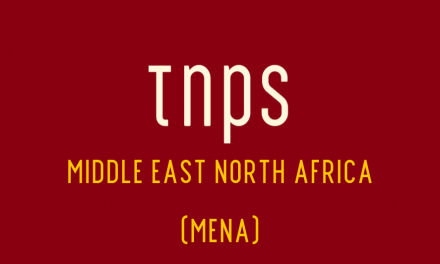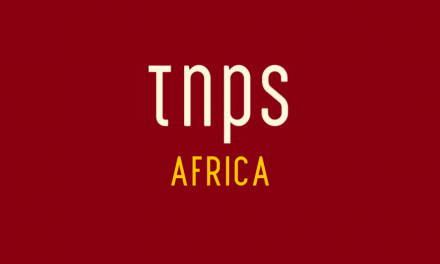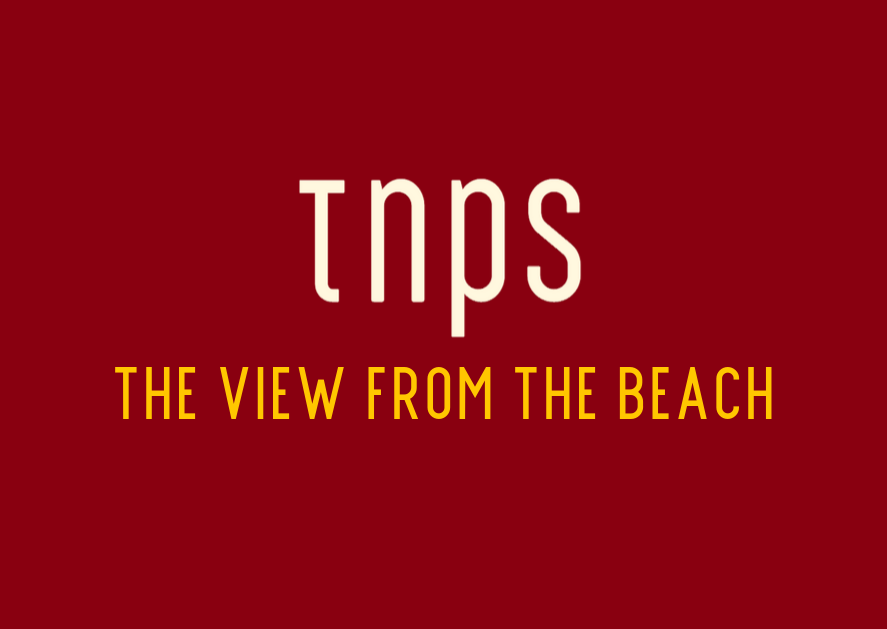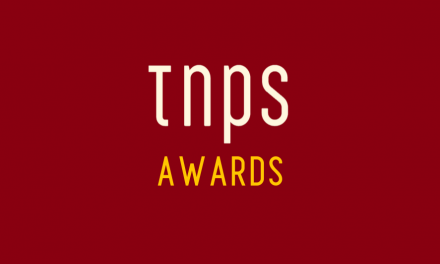2018 is proving to be a notable year for African publishing.
NB: for the purposes of this essay I limit Africa to the sub-Saharan region. TNPS has on numerous occasions covered the Arab Renaissance that embraces North Africa and the Middle East.
In Nigeria next week (May 9) the International Publishers Association will be holding a Regional Seminar in Lagos as the Nigeria International Book Fair gets underway (more on this shortly – meanwhile check out the Publishing Perspectives take on this).
In January Ghana got its first digital audiobook production and distribution service, Akoobooks Audio. More recently Ghana has announced plans for the country to become the publishing hub of sub-Saharan Africa.
In March the International Publishing and Distribution Association attracted its first member in Africa.
International Publishing Distribution Association welcomes its first distributor from Africa
Digital operators like Okada in Nigeria and eKitabu in Kenya are well-established, while new start-ups are constantly emerging.
This week Kenya added a new string to its bow with the launch of a quarterly e-journal from the Kenya Publishing Association, under the title BookNews.
KPA Chairman Lawrence Njagi, explains in the introduction, that BookNews will be,
a quarterly magazine primed to inform you on matters publishing, the new curriculum developments and various activities and projects that the publishing industry is undertaking … Over the last decade, the publishing industry in Kenya has grown and yet not celebrated. We hope that the BookNews magazine will act as a celebration tool where we will spotlight authors, writers, content developers and appreciate their works.
Unsurprisingly education features prominently, with the new Kenya curriculum at centre, and of course no Kenyan trade journal could omit mention of the prestigious Jomo Kenyatta Prize for Literature.
But in a country where publishing relies heavily on education, the industry’s non-school publishing side has been inevitably sidelined as publishers focused on the new curriculum.
And to its credit the KPA confronts this head-on in two insightful articles.
In “Non-School Publishing Suffers in Times of Curriculum Overhaul” Henry Munene looks at how, for small Kenyan publishers lacking the resources of the big multinationals that drive education elsewhere, the demanding focus on the new curriculum has sidelined other publishing projects.
While in “Booksellers: Surprise Casualties in Curriculum Reform” Joseph Ngujiri looks at the impact on booksellers. It’s not a pretty picture, and suggests a serious misalignment in the thinking of the Ministry of Education, where somehow the commitment to literacy for children is to happen at the expense of, rather than hand in hand with, the country’s already struggling bookselling infrastructure.
Not that the old system was faultless, says Joseph Ngunjiri, reporting that the education minister responsible, Fred Matiang’i, now Minister of the Interior,
stared down cartels in the examinations sector and chased them out of town. In publishing, Dr Matiang’i rubbed a number of publishers the wrong way with his directive that publishers deliver books directly to schools. Dr Matiang’i’s main grouse was pilferage of books meant to be delivered to schools in cases where rogue booksellers colluded with corrupt headteachers to deliver “air” to schools.
Throw in the perennial problem of piracy and it’s easy to see why African publishing has not been seen as welcoming environment.
But in the new world of analogue-digital co-existence digital, which is about much more than just ebooks, provides immense opportunities for Africa.
And one sign that African publishers are embracing those new opportunities is the fact that the Kenya Publishers Association’s new trade paper is a digital journal, published by Kenya’s leading digital education specialist, eKitabu.
The next issue will hopefully be less focussed on curriculum issues and offer us more insights into the wider Kenyan publishing community.

